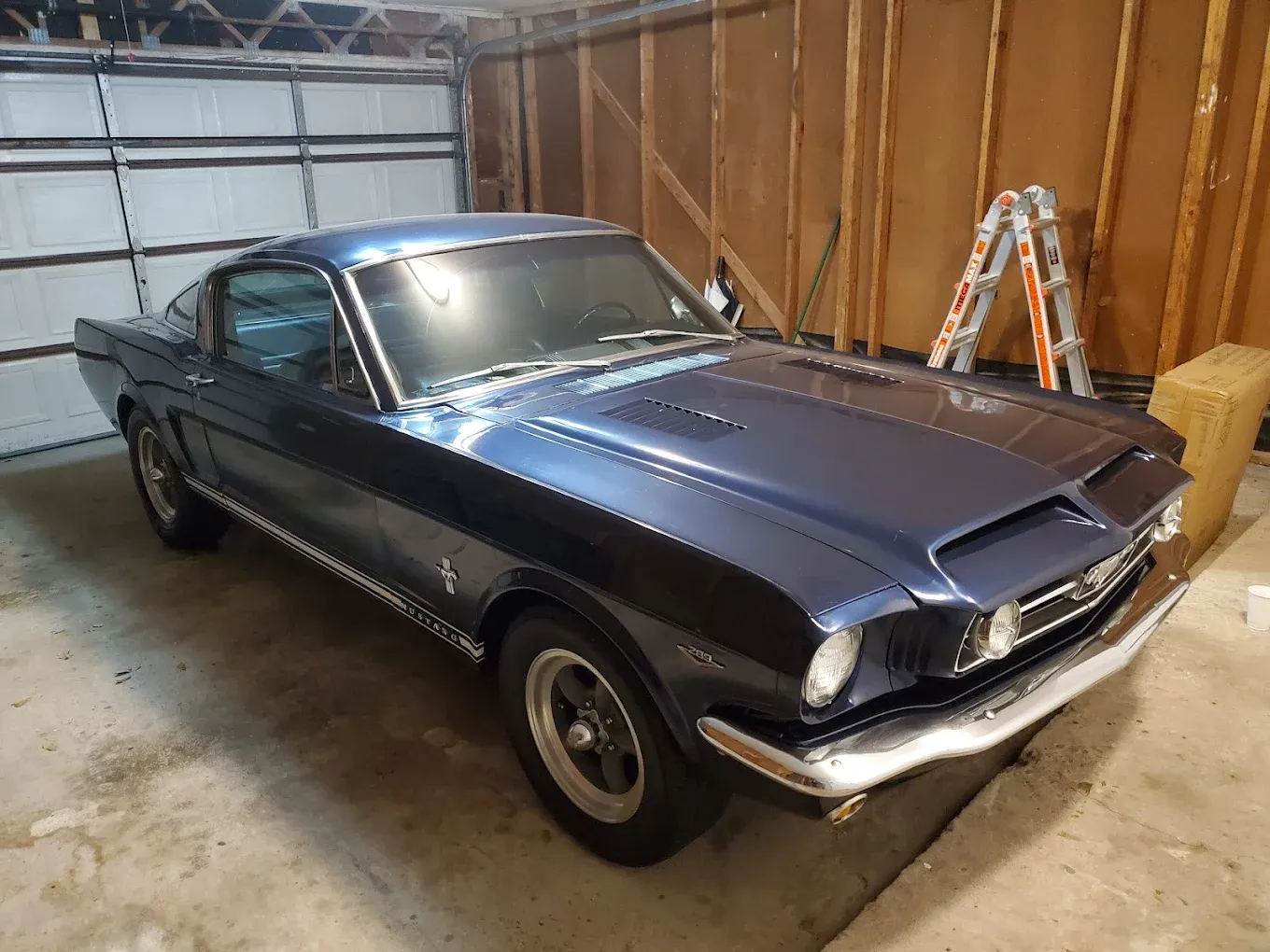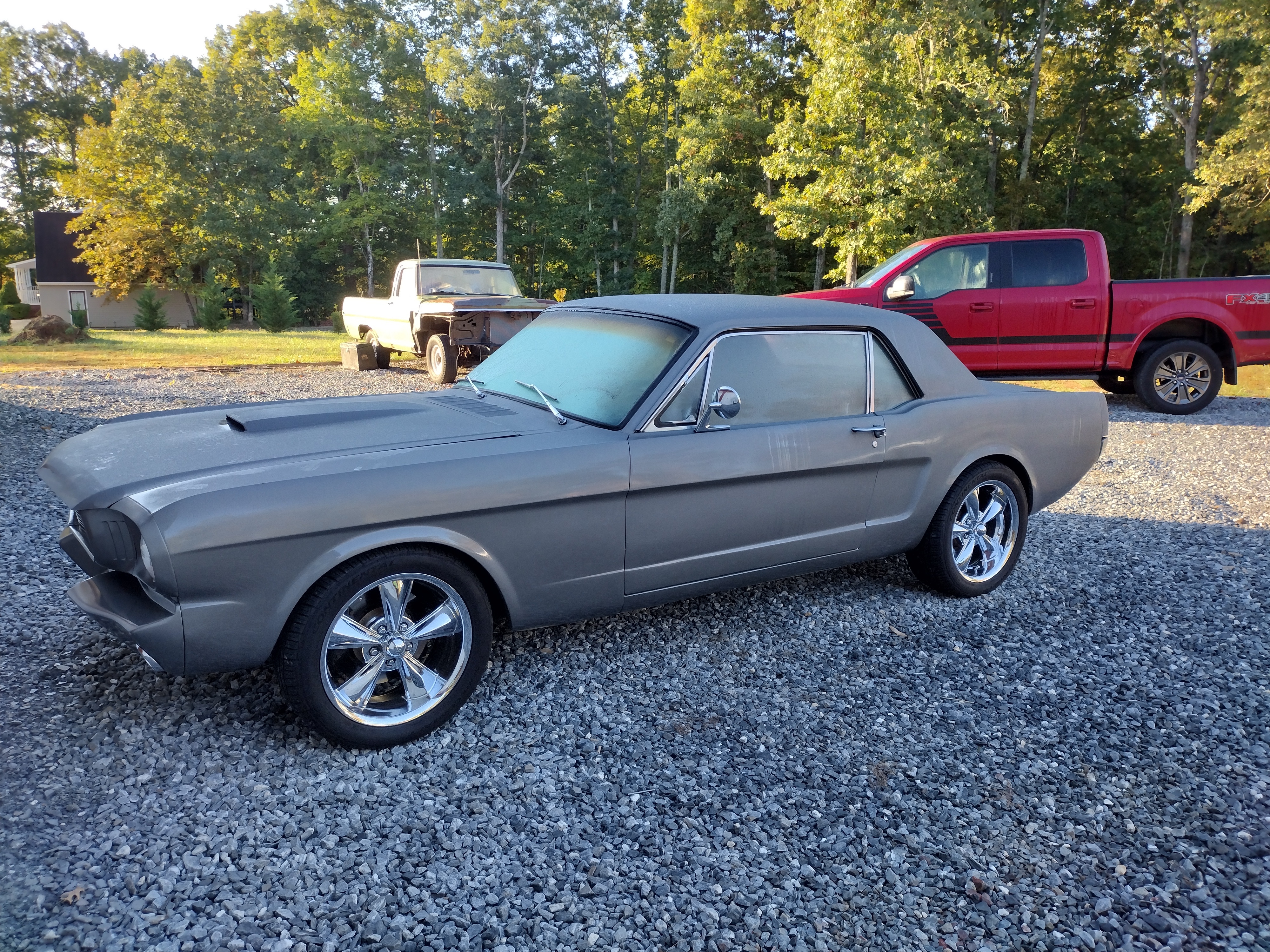When it comes to buying or selling a car, a vehicle’s accident history can play a huge role in determining its value. Even a seemingly minor fender-bender can leave a lasting impression, not just on the car’s structure but also on how buyers and dealerships perceive it.
In today’s used car market, transparency is everything. From Carfax reports to online listings, buyers can easily uncover a car’s full history. So, what happens when that report includes an accident? Does it automatically mean the car’s value drops? The short answer is yes, but not always equally.
This guide explains exactly how accident history affects your car’s resale value, what determines the level of depreciation, and how you can maximize your car’s value even after a collision.
Why Accident History Matters to Car Buyers
Every buyer wants assurance that their car is safe, reliable, and worth the price. When an accident appears on a vehicle report, it often raises red flags about hidden issues such as:
Structural or frame damage
Poor repair quality
Safety concerns and future reliability
Even if a vehicle has been fully repaired, many buyers assume it’s worth less than a similar car with a clean record. According to a 2024 study by Carfax, cars with one or more reported accidents lose 10–25% of their market value, depending on the severity and visibility of the damage.
From a psychological standpoint, “accident” implies risk. And when spending thousands of dollars, most buyers are cautious about risk.
How Much Does an Accident Lower Car Value?
The drop in value varies depending on several factors. For instance:
Minor cosmetic damage: May reduce value by a few hundred dollars.
Moderate repairs (panels, bumpers, sensors): Expect a 10–15% drop.
Major structural or airbag damage: Can cause up to a 25–30% loss in market value.
Dealers often adjust trade-in offers based on diminished value, which represents how much less your car is worth post-repair compared to an identical, accident-free model.
Key Factors That Influence Post-Accident Depreciation
1. Severity and Type of Damage
A small scratch or dent likely won’t scare off most buyers. But any record of frame, structural, or airbag damage can significantly lower value. Structural damage, in particular, is considered a long-term risk because it can affect safety and handling.
2. Quality of Repairs
Buyers (and appraisers) look closely at how the repairs were done.
OEM (original equipment manufacturer) parts maintain higher resale value.
Repairs done by certified shops are more trustworthy than cheap bodywork with aftermarket parts.
Providing receipts or documentation of professional repairs helps prove your car was restored properly.
3. Number of Accidents
A single minor incident is forgivable. But multiple accident reports, even small ones, can make a car undesirable. Two or more accidents on record can cause a 30%+ depreciation compared to similar clean-title models.
4. Vehicle Type and Age
Luxury, sports, and collectible cars experience sharper depreciation after an accident because buyers in those markets expect pristine condition. Older or economy vehicles, on the other hand, may not lose as much since they’re valued more for reliability and function.
5. Mileage and Condition
Mileage is another huge factor in determining how mileage affects your car’s value. A well-maintained, low-mileage vehicle with an accident history might still outperform a higher-mileage car with no record. The overall presentation, cleanliness, and maintenance record matter almost as much as accident history.
6. Local Market Trends
Certain regions have higher demand for used cars, which can offset accident-related depreciation. For example, trucks and SUVs in high-demand states may still fetch strong prices even with minor accidents.
How to Determine Your Car’s Value After an Accident
To estimate your post-accident resale worth, you can use a car value calculator or professional appraisal tools. These tools consider make, model, mileage, and condition to give an approximate market value.
You can also:
Compare listings of similar vehicles (same year, model, accident history) online.
Check what your insurer lists as your car’s Actual Cash Value (ACV).
Visit a dealership for a professional appraisal.
These tools are especially useful if you plan to sell your car online or trade it in.
How to Check a Car’s Accident History Before Buying
If you’re the buyer, reviewing a car’s background is essential. Always request a vehicle history report from:
Carfax
AutoCheck
National Motor Vehicle Title Information System (NMVTIS)
These reports reveal prior accidents, title status, odometer rollbacks, and service records.
If you’re buying a used car out of state or planning to buy a car online, review the report and request pre-purchase inspection photos or videos.
It’s also smart to compare findings with a trusted mechanic’s inspection. This step ensures you aren’t caught off guard by unreported repairs or undisclosed damage.
Selling a Car with Accident History: Steps to Get the Best Value
Selling a damaged or repaired vehicle doesn’t have to mean taking a huge loss. What matters most is transparency, documentation, and presentation.
Here’s how to improve your resale outcome:
Be Honest About the Accident
Hiding accident history can destroy trust. Clearly disclose the event and provide all repair receipts or photos.Show Proof of Professional Repairs
Highlight that the work was done at a certified shop using OEM parts. This boosts buyer confidence.Use a Car Selling Checklist
A checklist helps ensure you have all paperwork ready: title, registration, inspection reports, photos, and receipts.Choose Where to Sell
Online car-selling platforms often yield better prices than quick dealer trade-ins. To reach the best audience, you can sell your car online through trusted networks and marketplaces.Enhance Presentation
Detail the car, fix minor cosmetic issues, and showcase interior condition. Clean, well-presented cars always sell faster.
Can You File for Diminished Value Compensation?
Yes, if another driver caused the accident, you may be entitled to compensation for the value your car lost, even after repairs. This is called a diminished value claim.
Most states allow these claims, but the rules vary. You’ll need to:
Obtain a post-repair appraisal showing the market value difference.
Submit documentation to the at-fault party’s insurance.
Provide your repair receipts and the accident report.
The payout won’t cover your repair costs (insurance already did that), but it can help offset the long-term depreciation caused by the accident.
How Accident History Impacts Car Shipping
When preparing to ship a car to another state, be upfront about prior damage. Auto transport companies like Nexus Auto Transport require a detailed condition report before pickup.
This ensures:
Proper insurance coverage during transit.
Accurate inspection at delivery.
No disputes over pre-existing damage.
If you’re buying a car without seeing it, make sure the seller provides high-resolution photos and a verified history report before arranging car shipping.
For long-distance transactions, it’s also smart to review the pros and cons of buying a car out of state, including how transport costs, taxes, and inspection laws might impact your total purchase price.
How to Maximize Your Car’s Value After an Accident
Even with a repair history, you can still improve your resale potential. Here’s how to maximize your car’s value effectively:
Keep Detailed Service Records: Buyers love proof of consistent maintenance.
Invest in Small Cosmetic Repairs: Fix scratches, dents, and curb rash before listing.
Maintain Clean Presentation: A professional detailing session can add perceived value.
Be Transparent in Your Listing: Honesty earns trust; transparency reduces negotiation losses.
Time Your Sale Strategically: Selling during tax refund season or when demand is high for your model can offset depreciation.
What Affects Your Car’s Value the Most?
While accident history is important, it’s not the only factor that affects pricing. Here’s what typically affects your car’s value the most overall:
Mileage and condition
Accident and repair history
Market demand
Location
Vehicle age and model reputation
Combining these insights with a professional car value calculator gives you the most accurate estimate before you sell or trade in your vehicle.
Final Thoughts
Yes, accident history does lower a car’s value, but the degree depends on the severity of the damage, repair quality, and transparency during resale.
A car that’s been properly repaired, well-documented, and maintained can still fetch a competitive price in the used market.
Whether you’re preparing to sell, trade, or ship your car to another state, understanding how value is affected helps you make smarter, more profitable decisions.
Frequently Asked Questions (FAQs)
How much does an accident lower car value?
Most vehicles lose 10–25% in value after an accident. Use a Car Value Calculator to estimate your loss based on severity and mileage.
Can I sell a car with accident history?
Yes, absolutely. Many buyers will still purchase if you disclose the details, show documentation, and price it fairly.
Should I buy a car that has been in an accident?
Yes — if it’s been professionally repaired and inspected. Use reports from Carfax or NMVTIS to verify history.
Can I recover lost car value from insurance?
In many states, yes. You can file a diminished value claim if another driver was at fault.
Does accident history affect car shipping insurance?
Yes. Non-disclosure can void coverage, so always inform your car transport company of prior damage.
What affects car value more — mileage or accidents?
It depends. In most cases, mileage affects your car’s value slightly more than a minor accident, but severe accidents have the greater impact.



